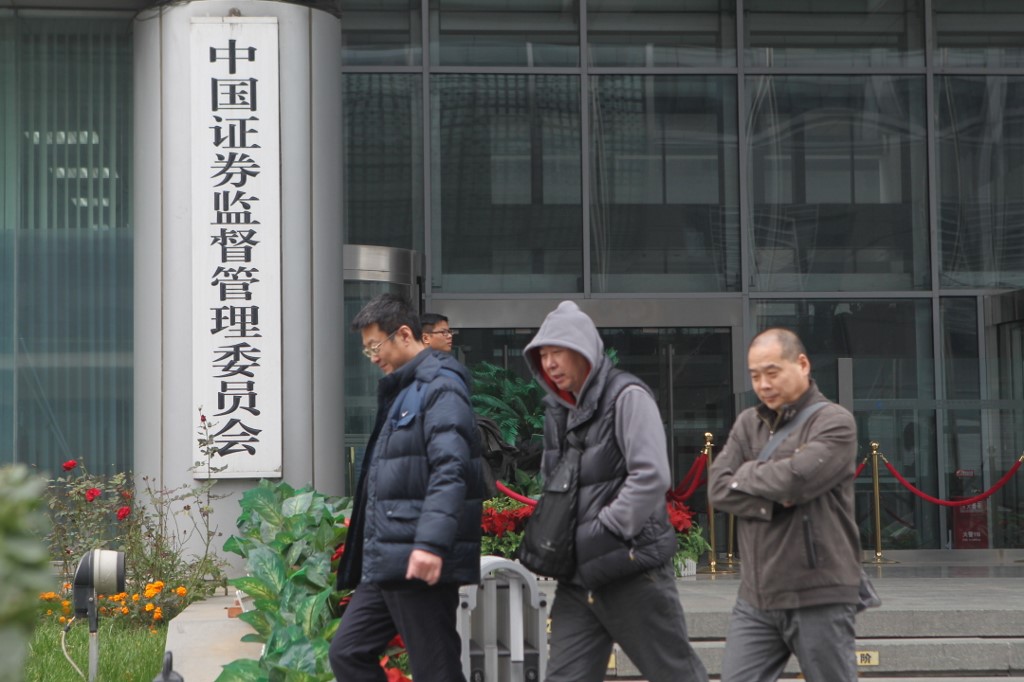(ATF) Credit differentiation between various local government financing vehicles – LGFVs – in China has gained importance, as divergence has widened and made non-core entities more vulnerable to rising default risk, experts said.
LGFVs became popular after a law banning local governments in China from direct borrowing came into force in 1994. These entities provide finance for local governments to construct public social welfare infrastructure and develop land, with the primary aim of undertaking government functions rather than seeking profits.
But as the government clamped down on shadow banking, which is subject to less regulatory oversight than mainstream banking, and as economic uncertainties intensified, the gap in their fundamentals has widened.
“If you want to invest in LGFVs, the first step is to understand the credit worthiness of the local government,” Jonathan Hu, the CEO at Pengyuan International, said.
“At the moment it is critical for them to know the different financial positions of various issuers and Chinese credit-rating agencies like us are able to provide that given the long historical knowledge we possess.”
Fitch Ratings said the significant deterioration in the economic outlook in 2020 will cloud local governments’ fiscal ability to support their government-related entities. It has forecast that China’s GDP growth to slow to 0.7% in 2020 from 6.1% last year.
“The disruptions caused by the coronavirus pandemic have worsened the prospects for the Chinese economy, already slowing from a trade war with the US. The number of credit incidents will rise as LGFVs depend on the resilience of local economies, which have been hard hit by the outbreak,” Fitch analysts Ethan Lee, Ark Huang and Terry Gao said in a report.
“Credit incidents” have been rising – 40 Chinese LGFVs had credit incidents in 2019, which was a substantial increase from more than 10 in 2018, it said, citing public reports.
“Credit incidents” are defined as late or non-payment on non-standardised debts – mainly trust loans, financial leases, asset-management plans and private loans that were issued or guaranteed by companies. Late payments also apply within grace periods and are considered technical defaults on open-market debt, even though no actual default occurred.
The report said that over 80% of the LGFVs involved were from western provinces, where economies are less developed than the coastal provinces. Guizhou province had the most LGFV credit incidents among all Chinese provinces, with half the total in 2018 and 2019.
“We consider Guizhou’s economy to be weak. The province is one of the least developed regions in China,” Pengyuan analysts Tony Tang and Jameson Zuo said in a report which added that credit events had cast a shadow on the province’s ability to manage liquidity and short-term liquidity.
Fitch analysts said LGFV creditworthiness had improved through restructuring and consolidation, especially for stronger companies, and the pace was likely to pick up in the next few years.
“Some LGFVs’ creditworthiness will improve due to consolidation among them and the authorities’ programmes to cut debt, in our view. Meanwhile, some non-core LGFVs will become more marginalised and vulnerable with worsening credit profiles,” they said.
Changsha Pilot Investment Holdings Co. Ltd (BBB/Stable) and Jinan West City Investment and Development Group Co., Ltd. (BBB/Stable) are among those LGFVs selected to undergo restructuring and consolidation. Fitch expects both issuers to achieve synergies through aligning with other local LGFVs and benefit from the consolidation.
BUSINESS TYPE
The nature of a business also plays an important role in differentiating between the LGFVs.
There is a growing trend for LGFVs to engage in more market-oriented businesses, including property development, which is a potential risk if they have significant exposure in the same way a developer has, Pengyuan said.
Besides the business objective, there were various factors related to government administrative levels, types of assets owned and source of income, which would influence the LGFV’s credit profile.
“In general, the higher the government administrative level, the better the credit of a LGFV,” the Pengyuan report said. “We prefer a LGFV with large-scale assets, and its respective local government to have financial strength and the main source of operating income to be from the local Ministry of Finance (MoF), and the major counter-party to be the local government.”
The differentiation will gain added importance this year.
“Fiscal projections from China’s just-concluded National People’s Congress indicate that local governments will see a significant jump in deficits, new borrowing, and overall debt in 2020,” S&P Global Ratings credit analyst Susan Chu said.
“This will widen credit divergence in the sector, with provinces maintaining more credit-worthiness as they pass on most spending burdens to cities and other municipalities. We anticipate that China will continue to exert stricter control over growth of off-budget borrowings through LGFVs.”
























